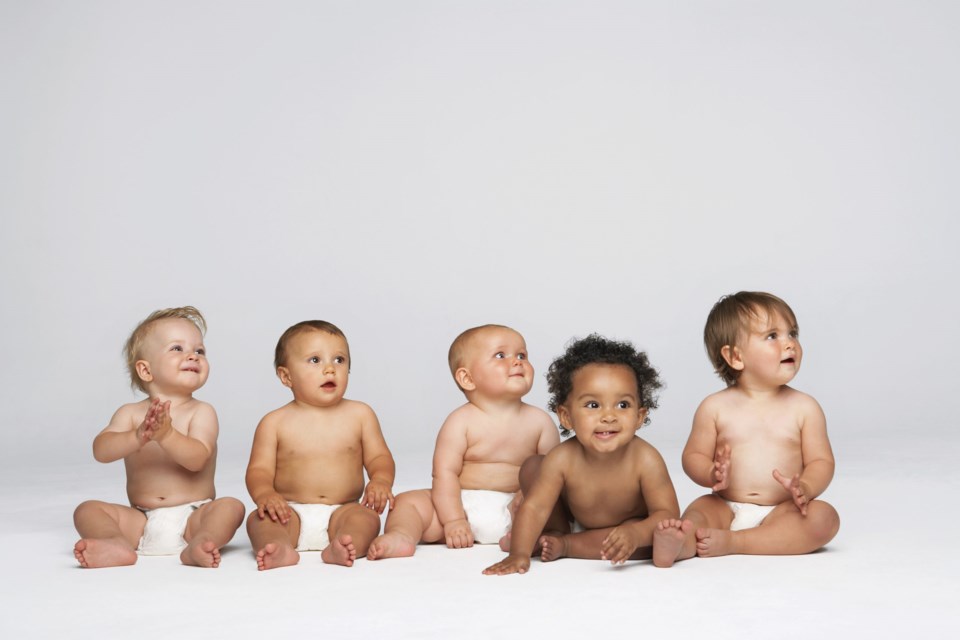Every time I’ve sat down to write this column I’ve had to fight the sick feeling at the pit of my stomach.
Billboards have popped up in downtown Vancouver, funded by a US-based group called World Population Balance. One of which shows a black baby with the words, “The most loving gift you can give your first child is not to have another.”
Those are haunting words.
Imagine you’re a child reading them. A child who has, or is, a younger sibling. On that basis alone, I would like to see them taken down; the message is damaging to the children we already have. Over the course of the past six months, kids have already seen their world turned upside down. Many struggle to make sense of it – and then they’re hit with the message that we’d be better off if they had never been born.
World Population Balance pushes the myth of overpopulation and exponential growth, but the number of people on our planet is projected to flatline by the year 2100. (More recently, pegged even closer to 2064.) Most greenhouse gases emitted are due to overconsumption and a disposable lifestyle, not the amount of people.
In the United States, where these ads originated, in 2019, there was an average of 1.93 children under 18 per family, a decrease from 2.33 children under 18 per family in 1960. In the EU, the average is 1.55 children. According to Statistics Canada, “Canada’s total fertility rate has been falling since 2009, from 1.68 children per woman to 1.54 in 2016, the lowest level observed since 2003.” These are all numbers below replacement, meaning that many of these countries rely on immigration to boost their populations.
In Vancouver specifically, the cost of living is prohibitive for many to have large families, or any children at all. And since we seem to be collectively reimaging life after the pandemic, my ideal world has lots of children in it.
In business, you hear lot of talk about the difference between a mindset of abundance and a mindset of scarcity. Sounds simple, but it can drastically change the trajectory of your company or endeavour. If you are operating from a place of scarcity, you hoard resources and cut down competition; approaching the same situation from a perspective of abundance you look for opportunities to invest, to help others, to collaborate and share information to find solutions.
Our children are our future and our hope. That’s not a cliché, but the literal truth. The more bright, young, creative minds, the better we can solve some of the problems facing us, climate change included.
They deserve love and encouragement – and so much better than seeing billboards lamenting their very existence.
Ada Slivinski is the Founder & Principal of Jam PR, a boutique agency focused on helping small businesses get big exposure. You can reach her at [email protected]
SWIM ON:
- Ada Slivinski's last focus was also on young people - though not quite so young - and sympathy for those being asked not to act their age.
- Greg D'Avignon and a group of fellow BC business leaders see a reputational and economic opportunity for BC's export sector.
- Terry Etam on the carbon Catch-22: crazy if you support fossil fuels; crazy if you don't.



